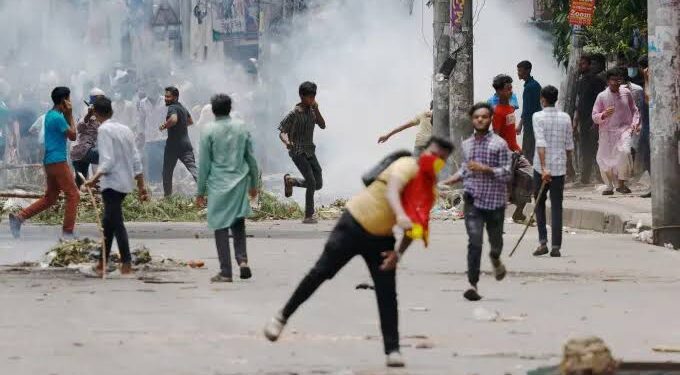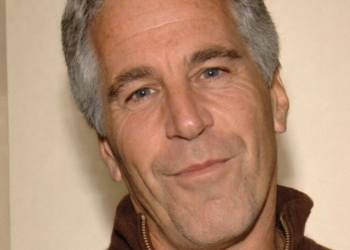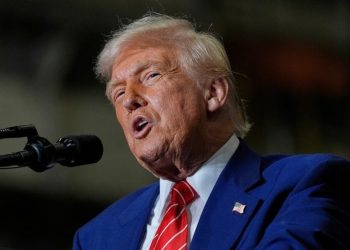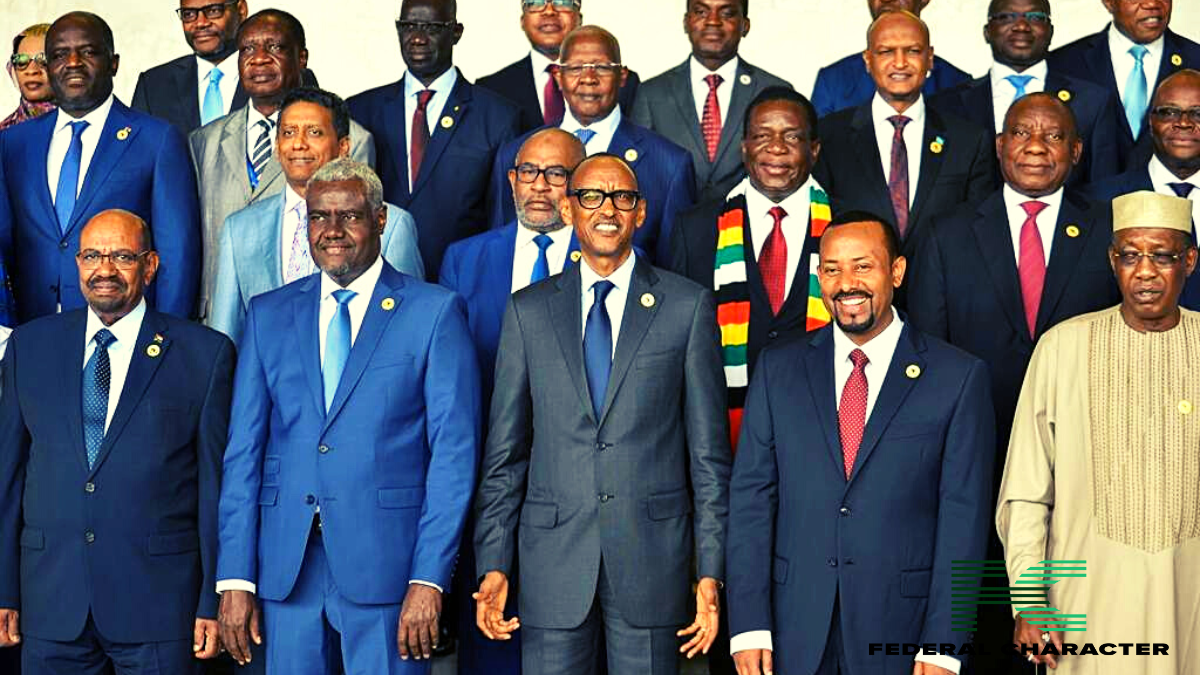Bangladesh’s Supreme Court, in a landmark ruling on Sunday, abolished most of the quotas for government jobs. This decision followed one of the largest student-led protests in the country’s history, which resulted in the deaths of at least 114 people. The Supreme Court’s Appellate Division overturned a lower court’s order, directing that 93% of government jobs be allocated based on merit, as confirmed by Attorney General A.M. Amin Uddin.
Background and Lower Court Ruling
In 2018, Prime Minister Sheikh Hasina’s government abolished the quota system. However, a lower court reinstated it last month, setting quotas at 56%, which triggered the protests. The demonstrations were driven by high unemployment among young people, who constitute nearly a fifth of the population. Rising living costs had also sparked deadly protests last year, shortly after Bangladesh sought a $4.7 billion bailout from the International Monetary Fund to manage its dwindling dollar reserves and pay for imported oil and gas.

Nationwide unrest and government crackdown
In response to the escalating protests, the government suspended internet and text messaging services since Thursday, effectively isolating nearly 170 million people. Security forces enforced a ban on public gatherings, with soldiers patrolling the streets of Dhaka and army checkpoints set up. A curfew was imposed late on Friday.
In the ruling on Sunday, the Supreme Court instructed the government to reduce job quotas for families of independence fighters from 30% to 5%.
The remaining 2% of jobs subject to quotas would be reserved for individuals from backward groups and the disabled. Following this decision, the streets near the court remained quiet. Television footage showed a military tank stationed outside the court’s gate.
Attorney General Amin Uddin said on Sunday that Students have firmly denied involvement in the recent violence and arson incidents. He hopes that the ruling would restore normalcy and deter those with ulterior motives from inciting further unrest. He also urged the government to identify and take strict action against the perpetrators of the violence.
Arrests and Campus Closures
Many opposition party leaders, activists, and student protesters have been arrested in the ongoing crackdown, according to Tarique Rahman, the exiled acting chairman of the main opposition Bangladesh Nationalist Party. Leading student coordinator Nahid Islam was arrested on Saturday. Universities and colleges have been closed since Wednesday.
Bottom Line
The Supreme Court’s decision to drastically reduce job quotas in Bangladesh marks a significant shift towards merit-based government employment. However, the government’s stringent crackdown on protesters, including a communication shutdown and curfew, underscores the severe unrest and dissatisfaction among the youth, driven by high unemployment and economic challenges. As the nation navigates this tumultuous period, the focus will be on restoring peace and addressing the root causes of the widespread discontent.

















